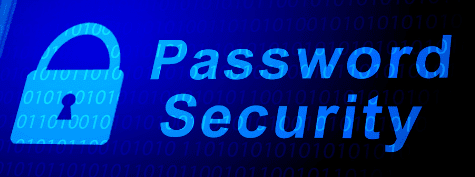Table Of Contents
Password Hygiene
In an age where our lives are increasingly digital, maintaining strong password hygiene is essential. Weak passwords can allow unauthorized access to your personal and professional accounts, making it crucial to understand the best practices when creating and managing secure passwords effectively. This blog post will take a look at the fundamentals of password hygiene and provide practical tips to help you safely use the internet and protect your online presence.
Why Password Hygiene Matters
Passwords are often the first line of defense against cybercriminals. A single weak password can compromise your entire digital life, leading to identity theft, financial loss, and data breaches. According to studies, around 80% of hacking-related breaches are attributed to weak or stolen passwords. With this in mind, adopting good password hygiene is not just a recommendation; it’s a necessity.
Key Principles of Password Hygiene
1. Create Strong Passwords
A strong password is your best defense. Here are some guidelines for creating strong and secure passwords:
- Length: Aim for at least 12 characters.
- Complexity: Include uppercase letters, lowercase letters, numbers, and special characters in your password.
- Randomness: Avoid predictable patterns like “password123” or personal information such as birthdays and names.
2. Use Unique Passwords for Every Account
Reusing passwords across multiple sites is a major security risk. If one account gets hacked, all others using the same password are vulnerable. Always create unique passwords for each of your accounts to minimize potential damage.
3. Leverage Password Managers
Remembering unique, complex passwords for every account can be overwhelming. This is where password managers come in. These tools securely store and encrypt your passwords, allowing you to generate and retrieve complex passwords easily. Popular options include LastPass, 1Password, and Bitwarden.
4. Change Passwords Regularly
While it’s essential to create strong passwords, it’s equally important to change them periodically. Set a reminder to update your passwords every few months, especially for sensitive accounts like banking or email. This practice minimizes the risk if a password is compromised without your knowledge.
5. Enable Two-Factor Authentication (2FA)
Two-factor/multi-factor authentication adds an extra layer of security. Even if someone obtains your password, it prevents access to your account without the second factor, typically a code generated by an app or sent to your phone. Always enable MFA on accounts that offer it.
6. Be Wary of Security Questions
Many sites use security questions for account recovery, but these can be easily guessed or found through social media. Pick questions and answers that are not easily discoverable.
Final Thoughts
Practicing good password hygiene is vital in today’s digital landscape. By creating strong and unique passwords, utilizing password managers, and enabling two-factor authentication, you can significantly minimize the likelihood of you falling victim to cyber threats. Remember, a little effort in managing your passwords can go a long way in safeguarding your personal and professional information. Take control of your online security today, and your future self will thank you!
What strategies do you use for password security? Share your tips in the comments below, and let’s help each other stay safe online!
